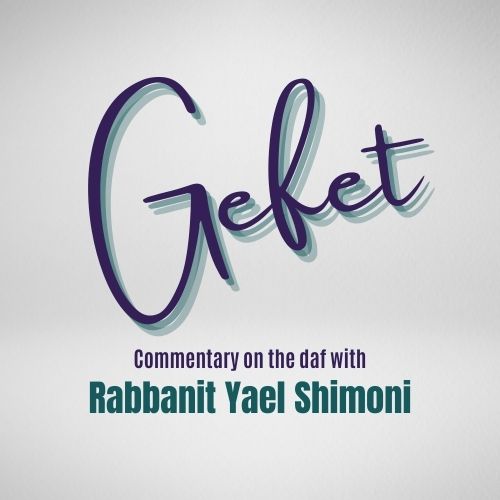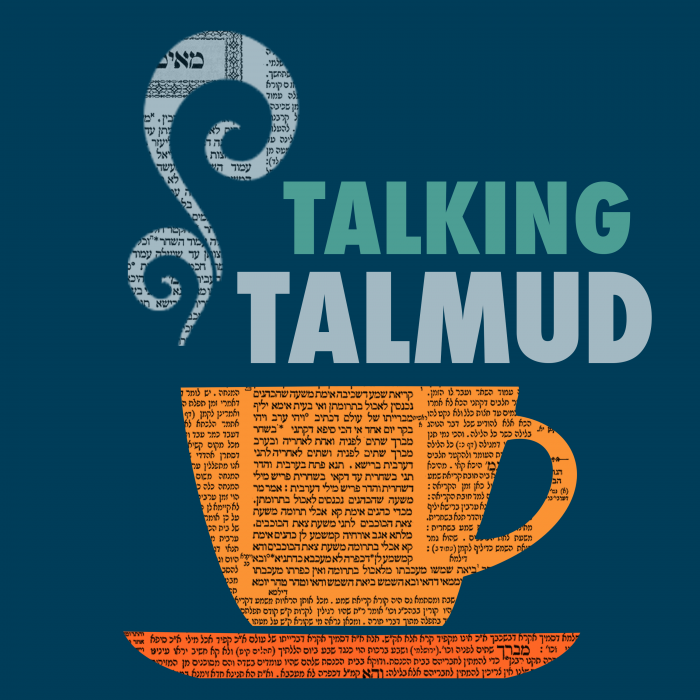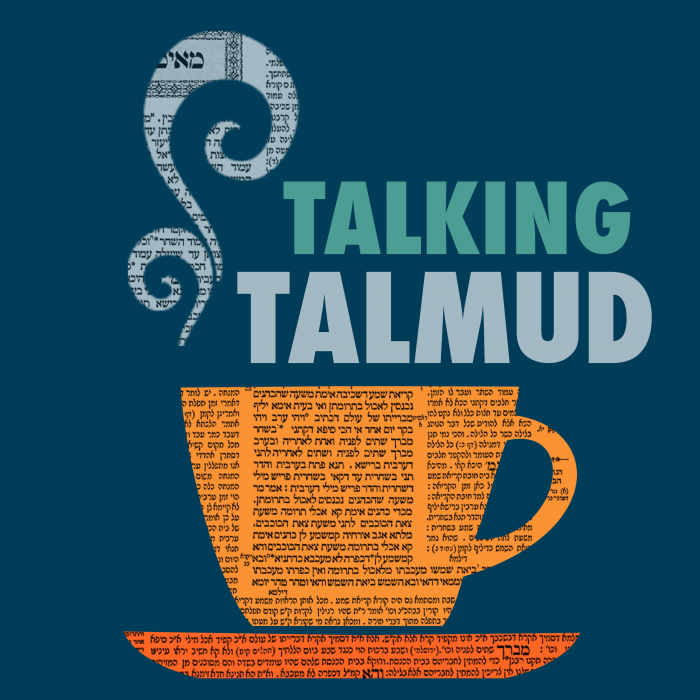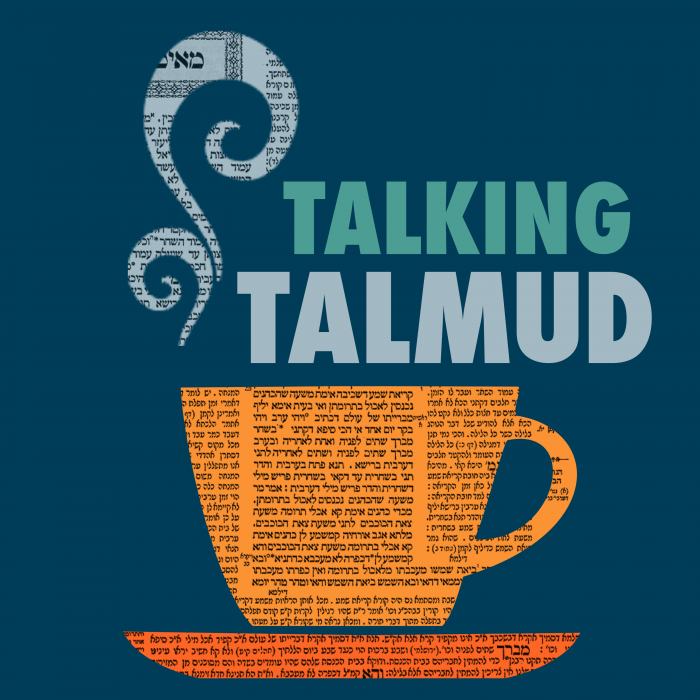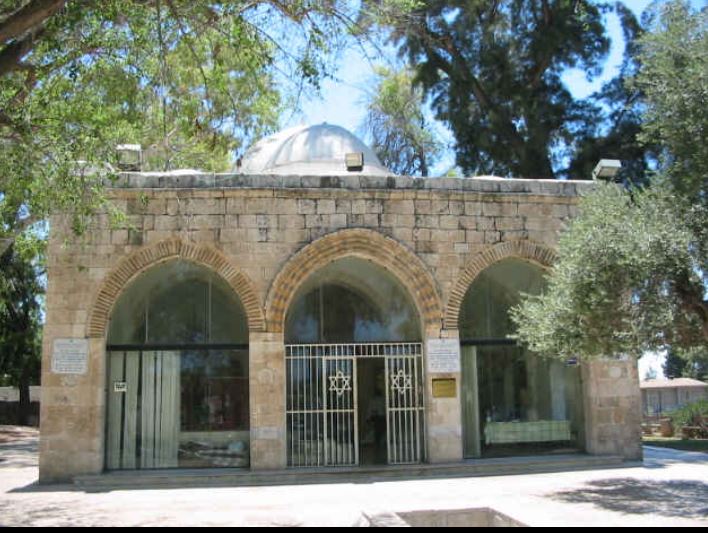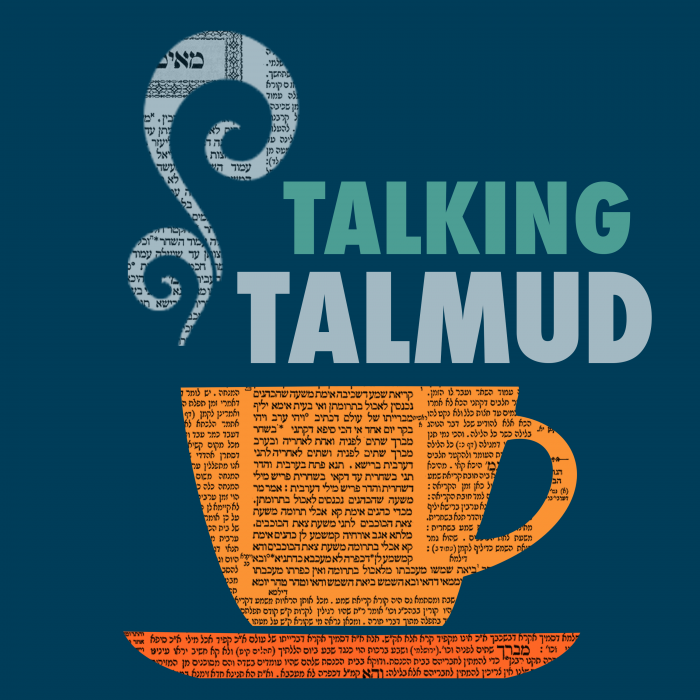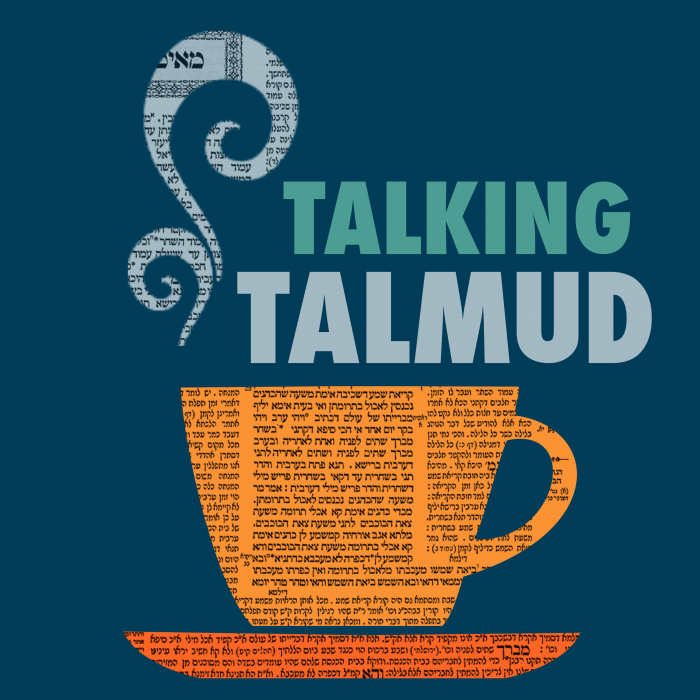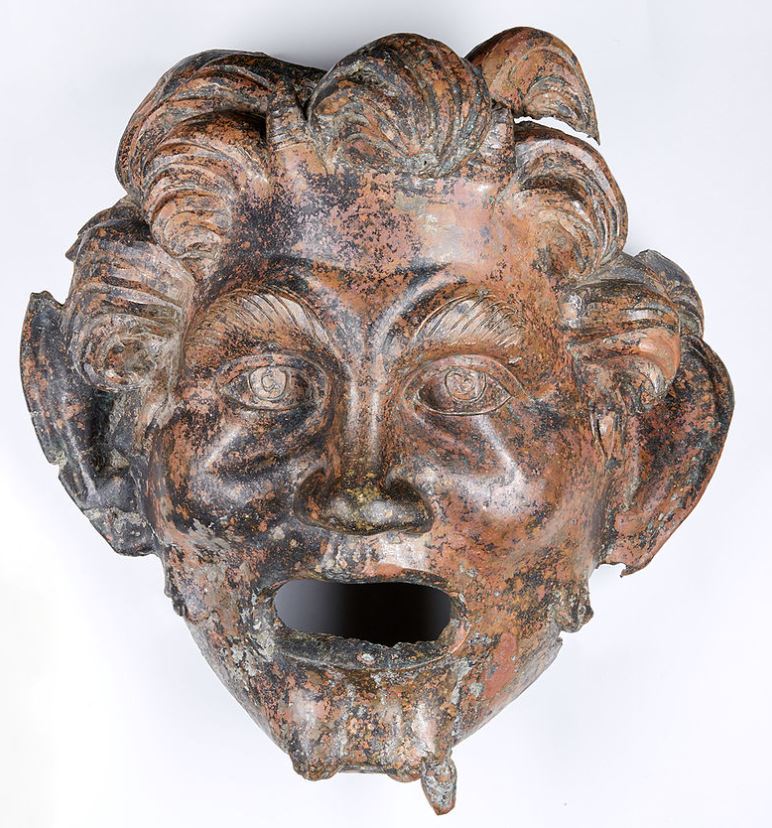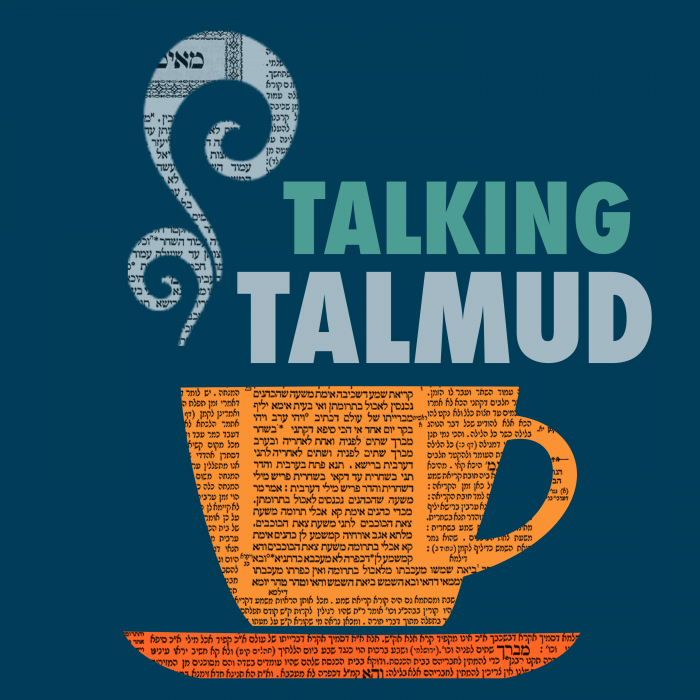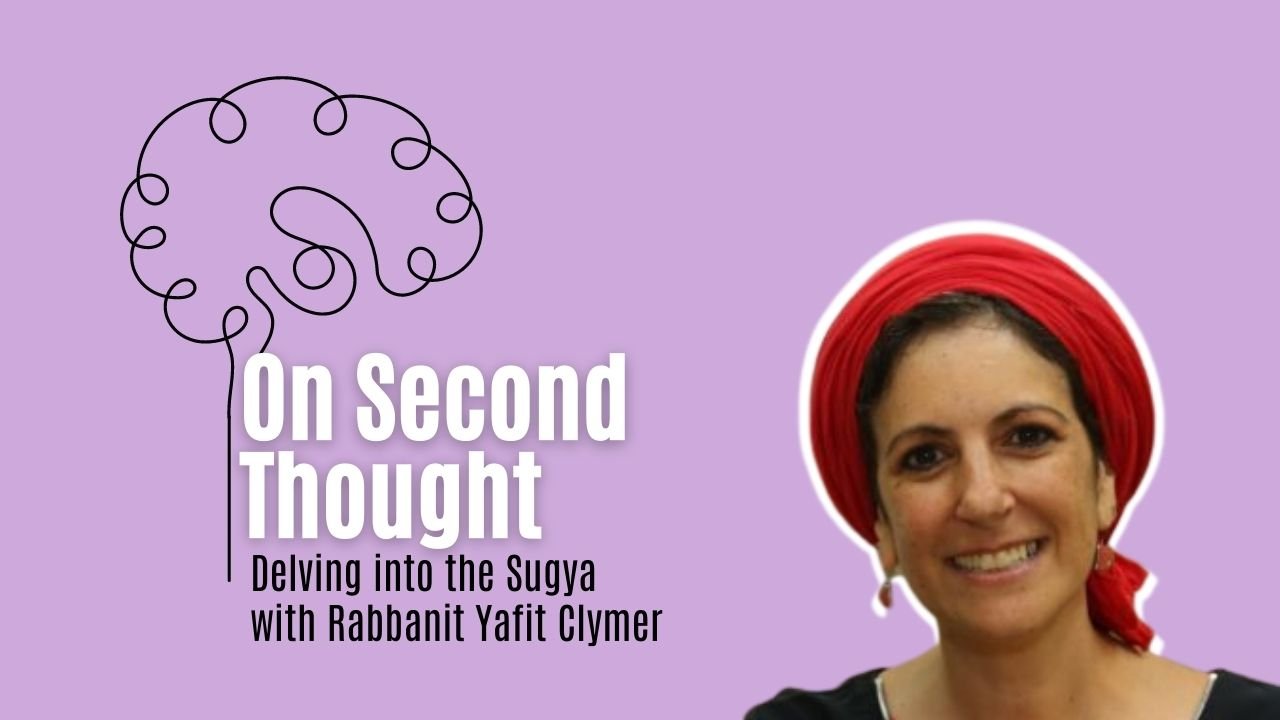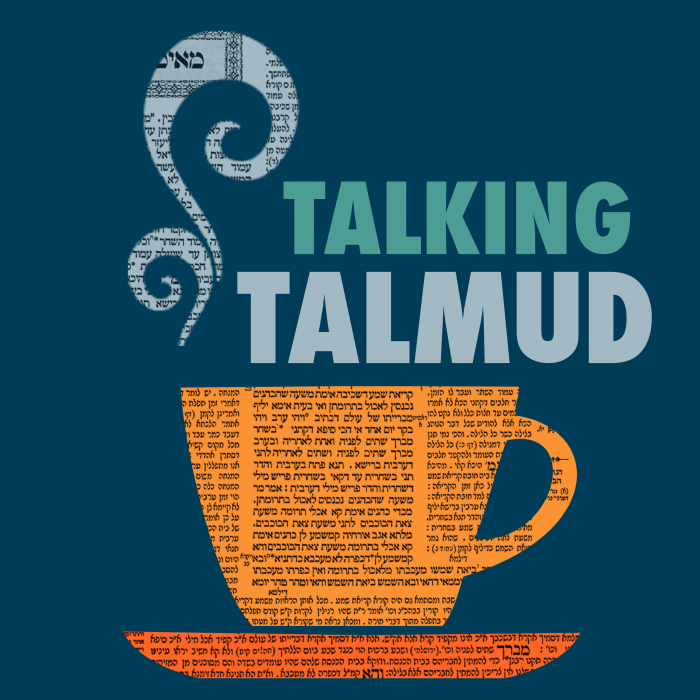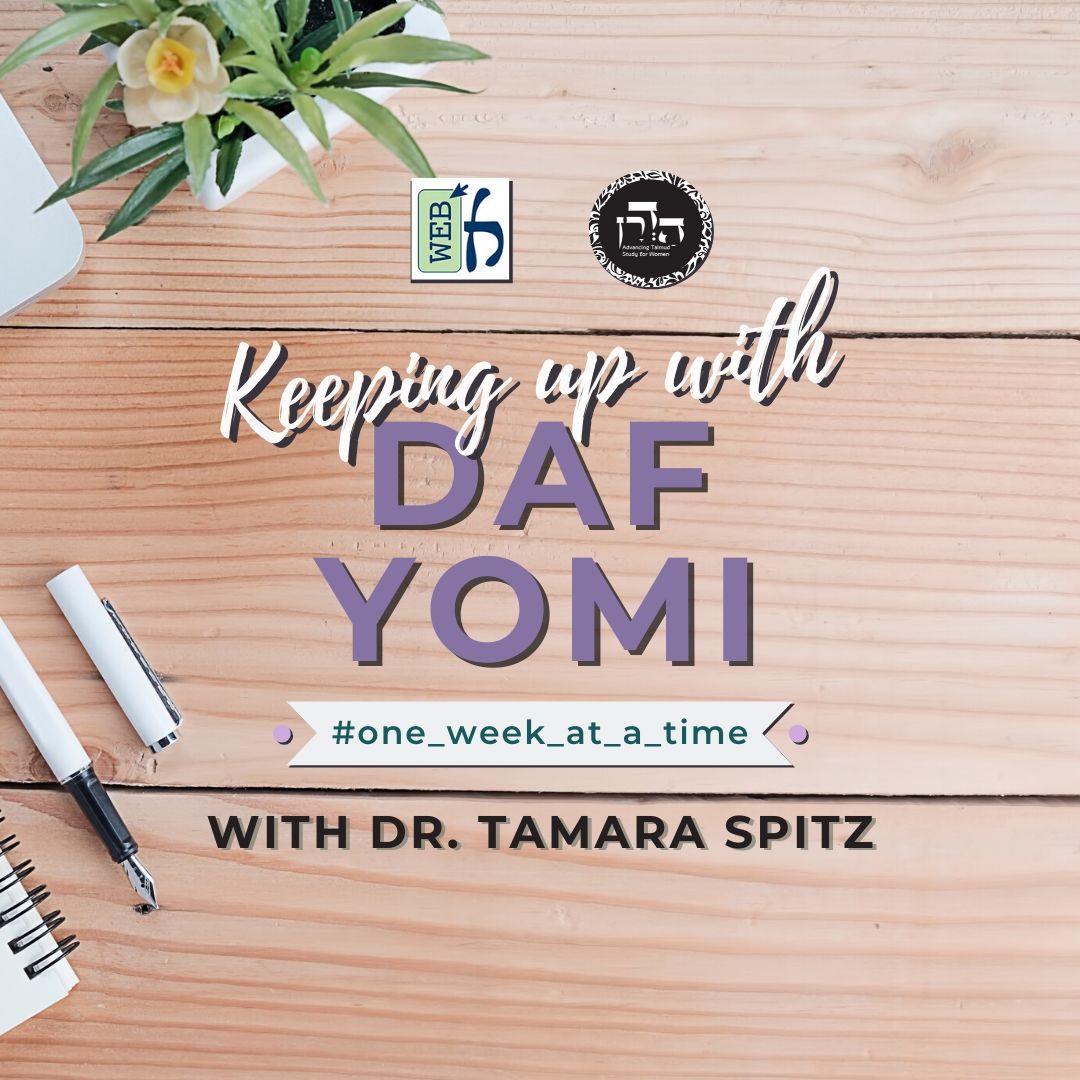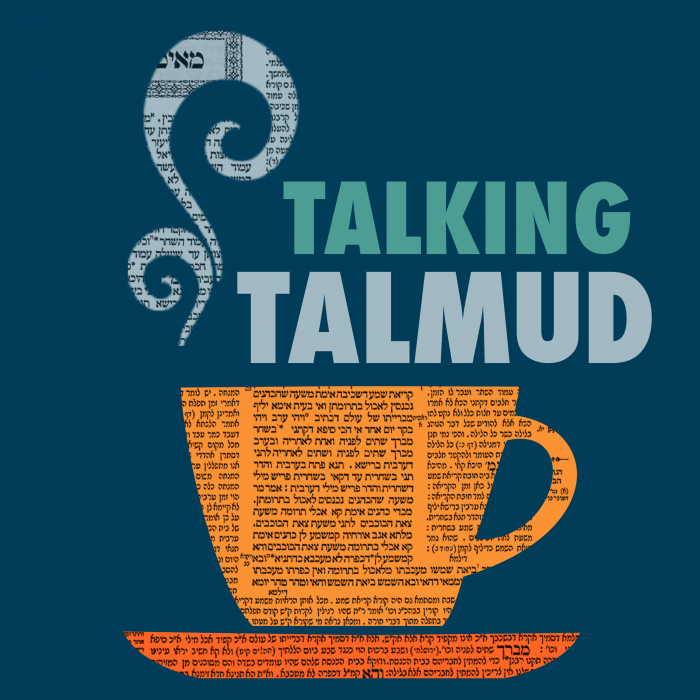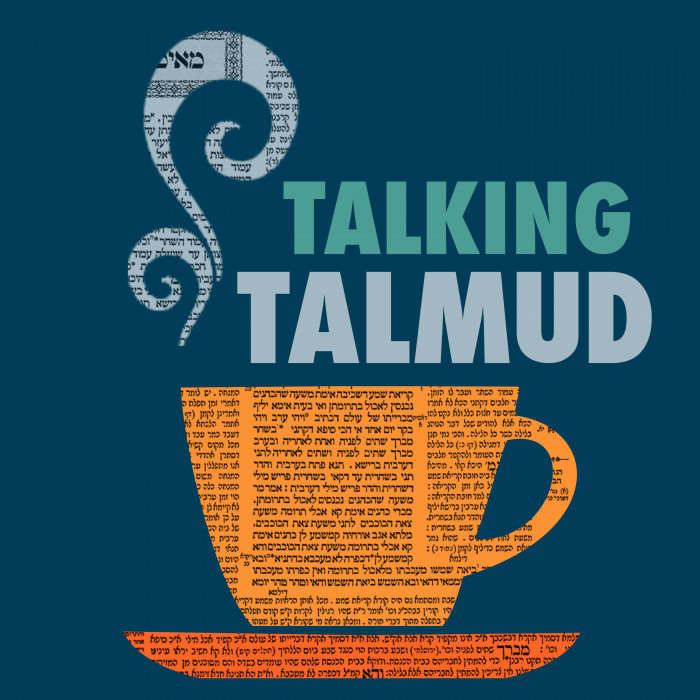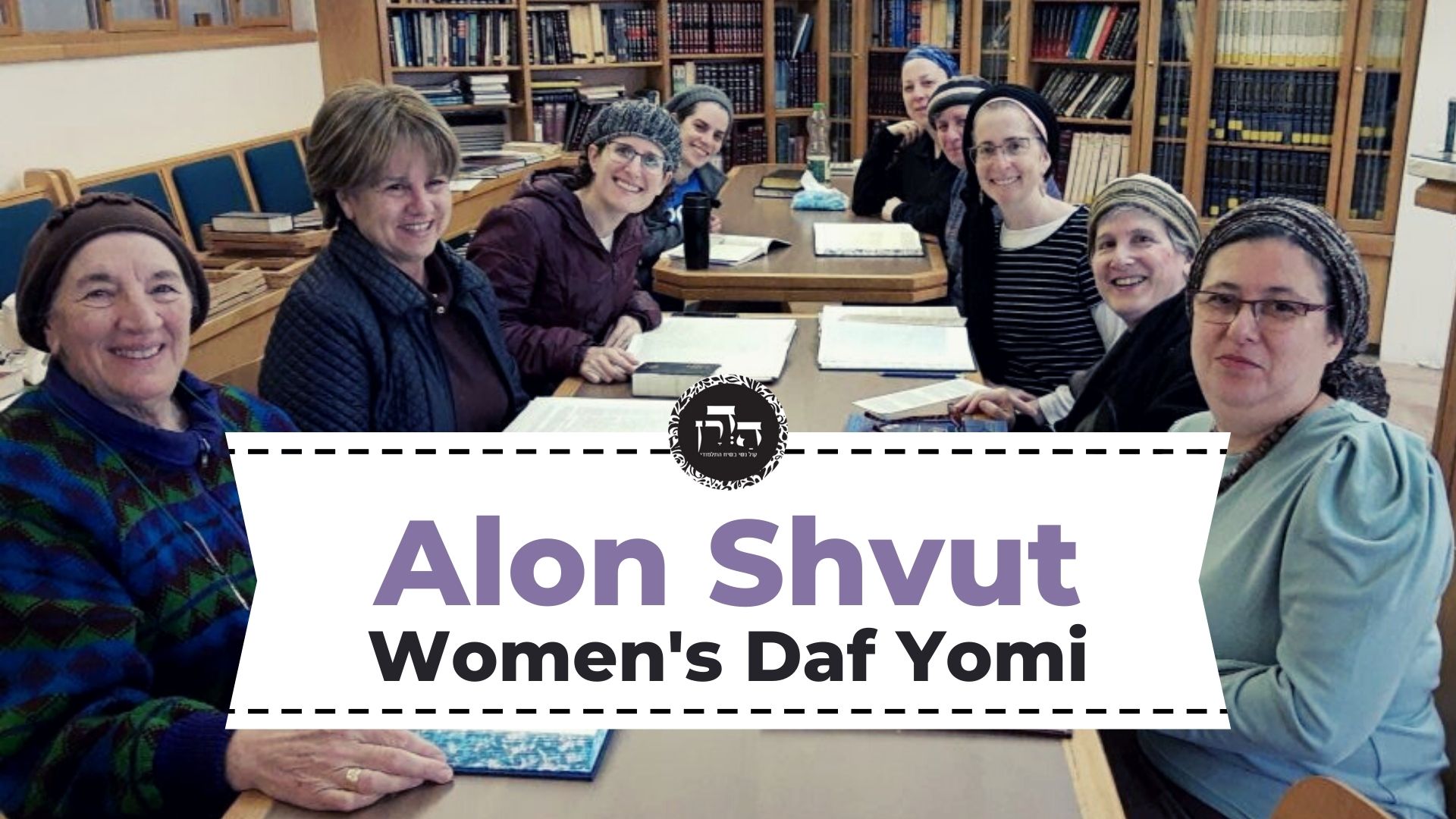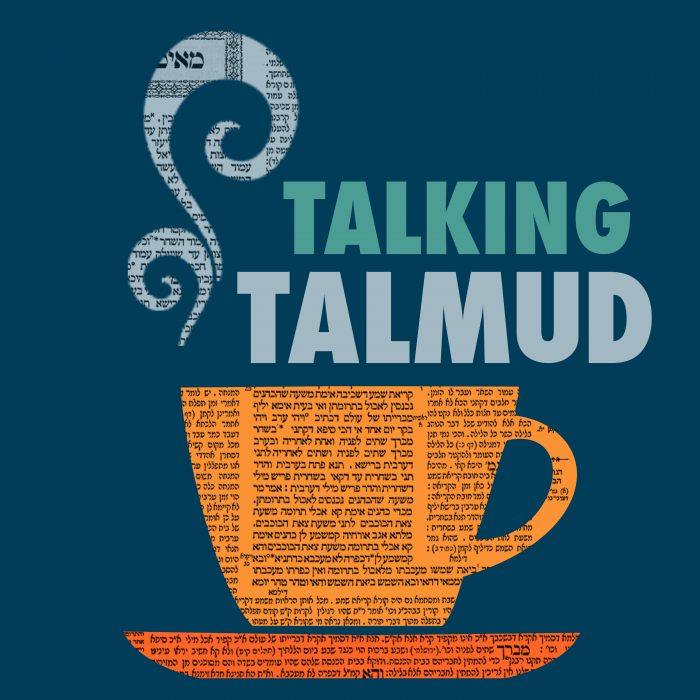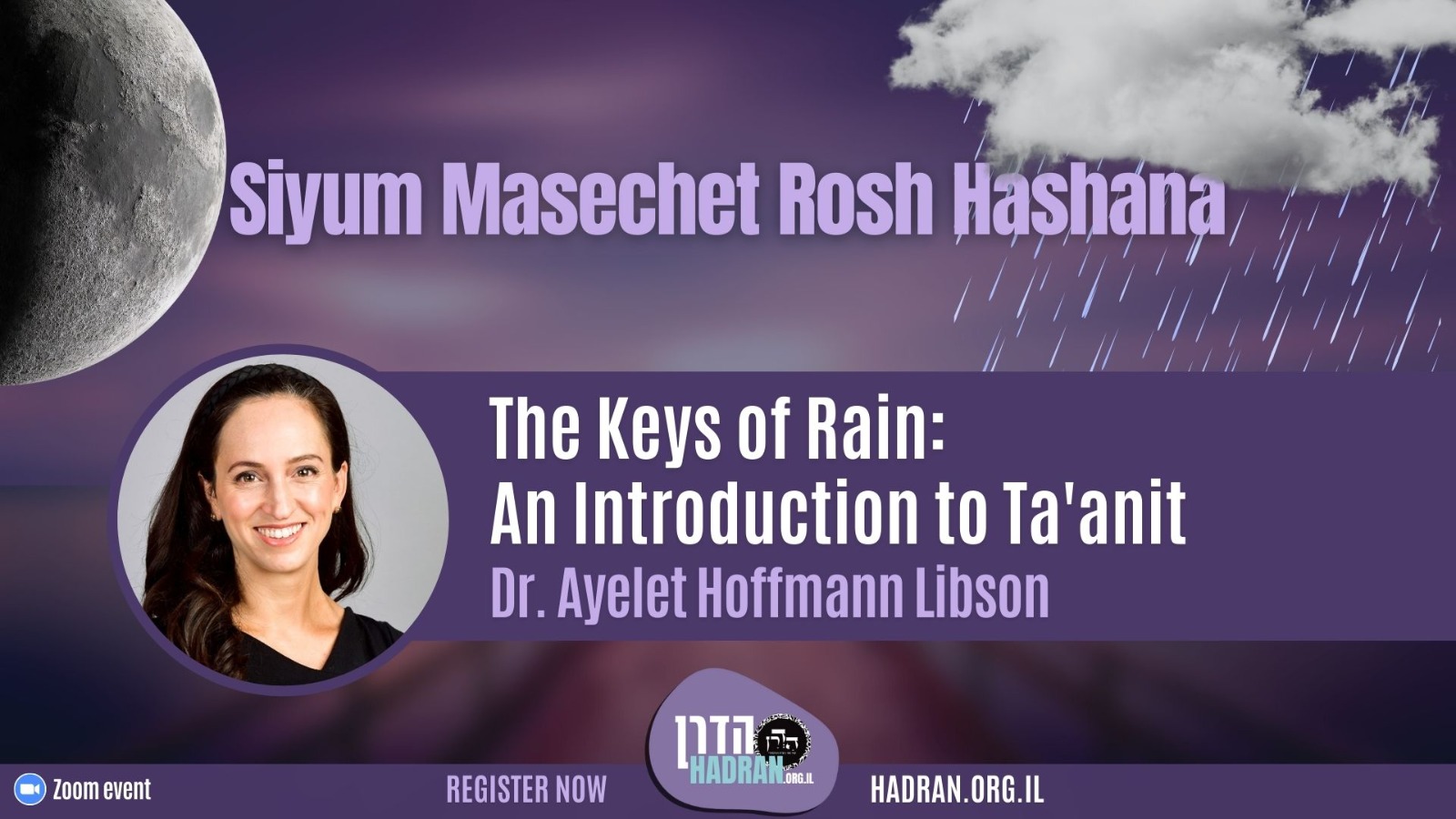At what stage does one become obligated for meilah of hotza – taking it out of the property of hekdesh and turning it into non sacred property. One is not obligated in meilah for items attached to the ground but a stone in a house is considered detached because an item that is detached and then reattached is considered detached. Would this be the same for idol worship (that is also not forbidden if it is attached to the ground)? If a messenger does what the ownder asks, the ownder is responsible for misuse. But if the messenger doesn’t do what the owner said, the messenger is responsible. The mishna brings a case where the messenger gave guest liver instead of meat – the messenger is responsible. The gemara connects this to a debate in the mishna in Nedarim where one swears not to eat vegetables – can one eat pumpkin? If it is an item that if the messenger couldn’t find it in a store and would go back to ask the owner if one could purchse it, does that mean it is a different category or maybe that shows it is within the same category? If a messenger adds something, does that mean he is still considered a messenger (and didn’t defy the owner)? Is that something one can infer from our mishna or not?
This week’s learning is sponsored for the merit and safety of Haymanut (Emuna) Kasau, who was 9 years old when she disappeared from her home in Tzfat two years ago, on the 16th of Adar, 5784 (February 25, 2024), and whose whereabouts remain unknown.
This week’s learning is dedicated of the safety of our nation, the soldiers and citizens of Israel, and for the liberation of the Iranian people. May we soon see the realization of “ליהודים היתה אורה ושמחה וששון ויקר”.
This week’s learning is sponsored for the merit and safety of Haymanut (Emuna) Kasau, who was 9 years old when she disappeared from her home in Tzfat two years ago, on the 16th of Adar, 5784 (February 25, 2024), and whose whereabouts remain unknown.
Want to dedicate learning? Get started here:


Today’s daily daf tools:
This week’s learning is sponsored for the merit and safety of Haymanut (Emuna) Kasau, who was 9 years old when she disappeared from her home in Tzfat two years ago, on the 16th of Adar, 5784 (February 25, 2024), and whose whereabouts remain unknown.
This week’s learning is dedicated of the safety of our nation, the soldiers and citizens of Israel, and for the liberation of the Iranian people. May we soon see the realization of “ליהודים היתה אורה ושמחה וששון ויקר”.
This week’s learning is sponsored for the merit and safety of Haymanut (Emuna) Kasau, who was 9 years old when she disappeared from her home in Tzfat two years ago, on the 16th of Adar, 5784 (February 25, 2024), and whose whereabouts remain unknown.
Today’s daily daf tools:
Delve Deeper
Broaden your understanding of the topics on this daf with classes and podcasts from top women Talmud scholars.
New to Talmud?
Check out our resources designed to help you navigate a page of Talmud – and study at the pace, level and style that fits you.
The Hadran Women’s Tapestry
Meet the diverse women learning Gemara at Hadran and hear their stories.
Meilah 20
נְתָנָהּ לַחֲבֵרוֹ – הוּא מָעַל, וַחֲבֵרוֹ לֹא מָעַל. בְּנָאָהּ בְּתוֹךְ בֵּיתוֹ – הֲרֵי זֶה לֹא מָעַל, עַד שֶׁיָּדוּר תַּחְתֶּיהָ בְּשָׁוֶה פְּרוּטָה.
If he gave the stone or the beam to another, he is liable for its misuse and the other person is not liable for its misuse. If he built the stone or the beam into his house, he is not liable for its misuse until he resides beneath it and derives benefit equal to the value of one peruta from it.
נָטַל פְּרוּטָה שֶׁל הֶקְדֵּשׁ – הֲרֵי זֶה לֹא מָעַל. נְתָנָהּ לַחֲבֵרוֹ – הוּא מָעַל, וַחֲבֵרוֹ לֹא מָעַל. נְתָנָהּ לְבַלָּן, אַף עַל פִּי שֶׁלֹּא רָחַץ מָעַל, שֶׁהוּא אוֹמֵר לוֹ: הֲרֵי הַמֶּרְחָץ פָּתוּחַ לְפָנֶיךָ, הִכָּנֵס וּרְחוֹץ.
If one took for his use a consecrated peruta, that person is not liable for its misuse. If he gave the peruta to another, he is liable for its misuse and the other person is not liable for its misuse. If he gave the peruta to a bathhouse attendant [levallan], although he did not bathe, he is liable for misuse of the peruta. The reason is that at the moment he receives the peruta, the attendant in effect says to the owner of the peruta: The bathhouse is open before you, enter and bathe. The benefit derived from that availability is worth one peruta.
אֲכִילָתוֹ וַאֲכִילַת חֲבֵרוֹ, הֲנָיָיתוֹ וַהֲנָיַית חֲבֵרוֹ, אֲכִילָתוֹ וַהֲנָיַית חֲבֵרוֹ, הֲנָיָיתוֹ וַאֲכִילַת חֲבֵרוֹ – מִצְטָרְפִין זֶה עִם זֶה, וַאֲפִילּוּ לִזְמַן מְרוּבֶּה.
One’s consumption of half of a peruta of consecrated food and another’s consumption of half of a peruta of consecrated food that the first person fed him; and likewise one’s benefit of half of a peruta derived from a consecrated item and another’s benefit of half of a peruta derived from a consecrated item that the first person provided him; and similarly one’s consumption and another’s benefit derived or one’s benefit derived and another’s consumption, all these join together to constitute the requisite measure of one peruta for liability for misuse, and that is the halakha even if much time has passed between these various acts of consumption and deriving of benefit.
גְּמָ׳ מַאי שְׁנָא הוּא, וּמַאי שְׁנָא חֲבֵירוֹ?! אָמַר שְׁמוּאֵל: בְּגִזְבָּר, הַמְּסוּרוֹת לוֹ, עָסְקִינַן.
GEMARA: The mishna teaches that if one takes a stone or a beam belonging to the Temple treasury, he is not liable for misuse, but if he gives it to another he is liable for misuse. The Gemara asks: What is different with regard to him retaining possession of the item, and what is different with regard to him giving it to another, that he is rendered liable when he gives it to another? Shmuel said: We are dealing with a treasurer [begizbar] of the Temple, to whom the consecrated property is given. Since all the consecrated property is meant to be in his possession and charge, he is not guilty of misuse, provided that he does not transfer it to another.
בְּנָאָהּ בְּתוֹךְ בֵּיתוֹ – אֵינוֹ חַיָּיב כּוּ׳. לְמָה לִי עַד שֶׁיָּדוּר תַּחְתֶּיהָ? כֵּיוָן דְּשַׁנְּיַהּ – מָעַל! אָמַר רַב: כְּגוֹן שֶׁהִנִּיחָהּ עַל פִּי אֲרוּבָּה.
§ The mishna teaches: If he built the stone or the beam into his house, he is not liable for its misuse until he resides beneath it and derives benefit equal to the value of one peruta from it. The Gemara asks: Why do I need the mishna to state that the individual is not liable until he resides beneath it? That is not precise, as once he has changed it, by chiseling it for the purpose of fitting it into the structure, he has already committed misuse. Rav says: In this instance, the individual in question did not change the item in order to build with it. Rather, this is referring to a case where he placed it upon a window. Since mere placement does not constitute a change, there is no misuse until he lives beneath it.
וְכֵיוָן דְּבָנֵי לַהּ, מִיהַת מָעַל. לֵימָא מְסַיַּיע לֵיהּ לְרַב, דְּאָמַר רַב: הַמִּשְׁתַּחֲוֶה לְבַיִת – אֲסָרוֹ.
The Gemara notes: And nevertheless, once he built it and subsequently derived benefit from it, in any event he has committed misuse. Although the halakha is that misuse does not apply to items that are attached to the ground, this does not apply to an item built into a structure. Let us say that this statement supports the opinion of Rav, as Rav said: With regard to one who prostrates himself to a house in an act of idolatry, he renders the house prohibited. The house assumes the status of a worshipped item, from which one may not derive benefit. Notwithstanding the halakha that an item attached to the ground does not become prohibited as an object of idolatry, the house does not assume the status of an item attached to the ground, since it is built of materials that were earlier detached from the ground.
אָמַר רַב אַחָא בְּרֵיהּ דְּרַב אִיקָא: הֲנָאָה הַנִּרְאֵת לָעֵינַיִם אָסְרָה תּוֹרָה.
Rav Aḥa, son of Rav Ika, said: The mishna does not necessarily support the opinion of Rav. It can be claimed that the item is subject to misuse even if one maintains that a detached item which becomes attached gains the status of an attached item, in accordance with the opinion that if someone worships a house, he does not render it prohibited. Nevertheless, in the case of the stone or beam the individual is liable for misuse, due to another principle: With regard to misuse, the Torah prohibited all benefit that appears readily to the eyes, e.g., one who uses consecrated property as building materials. It makes no difference that the item is now attached to the ground.
לֵימָא מְסַיַּיע לֵיהּ: הַדָּר בְּבַיִת שֶׁל הֶקְדֵּשׁ, כֵּיוָן שֶׁנֶּהֱנָה מִמֶּנָּה – מָעַל. אָמַר רֵישׁ לָקִישׁ: הָתָם בְּשֶׁהִקְדִּישׁוֹ וּלְבַסּוֹף בְּנָאוֹ.
The Gemara suggests another proof for Rav’s opinion that an item which was previously detached and then becomes attached to the ground retains the status of a detached item. Let us say that a baraita supports the opinion of Rav: With regard to one who resides in a house consecrated to the Temple treasury, once he derives benefit from the house he has committed misuse. Evidently, the built house is considered detached, which is why it is subject to misuse. Reish Lakish said: This baraita does not support the opinion of Rav either. There, the baraita is speaking of a case where he consecrated the detached building materials and ultimately built the house. Since the items were detached when he consecrated them, the prohibition of misuse applies even if they were subsequently attached to the ground.
אֲבָל בְּנָאוֹ וּלְבַסּוֹף הִקְדִּישׁוֹ, מַאי – לֹא מָעַל? מַאי אִירְיָא רָהֵיט וְתָנֵי הַדָּר בְּבַיִת שֶׁל מְעָרָה – לֹא מָעַל. לֵימָא הַדָּר בְּבַיִת שֶׁל אֲבָנִים שֶׁבְּנָאוֹ וּלְבַסּוֹף הִקְדִּישׁוֹ – לֹא מָעַל!
In light of Reish Lakish’s interpretation, the Gemara objects: But if he built the house and ultimately sanctified it when it was attached to the ground, what is the halakha? Evidently, he has not committed misuse. If so, why does the tanna of the baraita run specifically to teach the subsequent case: With regard to one who resides in a consecrated house of a cave, i.e., a domicile that has always been attached and was not built from detached components, he has not committed misuse, as an attached item is not subject to misuse. Why does the baraita mention this very different case? Let the baraita say simply: With regard to one who resides in a stone house, which he built and ultimately sanctified, he has not committed misuse.
אָמְרִי: הָא פְּסִיקָא לֵיהּ., הָא לָא פְּסִיקָא לֵיהּ.
The Gemara explains: One can say that although the tanna could have taught the case of the built house instead of a cave, he preferred to mention a cave, as this case of the cave is conclusive for him. Under all circumstances, one who lives in a consecrated cave is exempt from misuse, because the cave was always attached to the ground. By contrast, that case of the built house is not conclusive for him, as a consecrated house is not always exempt from misuse. If the house is built from previously consecrated materials, one who lives within it is liable for misuse.
הֲדַרַן עֲלָךְ הַנֶּהֱנֶה
הַשָּׁלִיחַ שֶׁעָשָׂה שְׁלִיחוּתוֹ – בַּעַל הַבַּיִת מָעַל. לֹא עָשָׂה שְׁלִיחוּתוֹ – הַשָּׁלִיחַ מָעַל.
MISHNA: With regard to an agent who performed his agency properly, if he was tasked to make use of a particular item, and the one who appointed him forgot that it was a consecrated item, the homeowner, who appointed him, is liable for misuse of the consecrated item, as the agent acted on his behalf. Contrary to other cases of agency, where the guiding principle is that there is no agency in the performance of a transgression, and the agent is liable, in this case there is agency, and the homeowner is liable for the action of the agent. But if he did not perform his agency properly, the agent is liable for misuse of the consecrated item, as once the agent deviates from his agency, he ceases to be an agent, and his actions are attributable to him.
כֵּיצַד? אָמַר לוֹ: ״תֵּן בָּשָׂר לָאוֹרְחִים״, וְנָתַן לָהֶם כָּבֵד; ״כָּבֵד״, וְנָתַן לָהֶם בָּשָׂר – הַשָּׁלִיחַ מָעַל. אָמַר לוֹ: ״תֵּן לָהֶם חֲתִיכָה חֲתִיכָה״, וְהוּא אוֹמֵר: טְלוּ שְׁתַּיִם! וְהֵם נָטְלוּ שָׁלֹשׁ – כּוּלָּם מָעֲלוּ.
How so? If the homeowner said to the agent: Give meat to the guests, and he gave them liver; or if he said: Give them liver, and he gave them meat, the agent is liable for misuse of the consecrated item, as he deviated from his agency. If the homeowner said to the agent: Give them meat, a piece for this guest and a piece for that guest, and the agent says: Each of you take two pieces, and each of the guests took three pieces, all of them are liable for misuse. The homeowner is liable for their consumption of the first piece of meat, as with regard to that piece his instructions were fulfilled. The agent is liable for the second piece, which he added to the instructions of the homeowner. Finally, the guests are liable for the third piece, which they took at their own initiative beyond the instructions of the agent.
גְּמָ׳ מַאן תַּנָּא דְּכׇל מִילְּתָא דְּמִימְּלַךְ עֲלַהּ שָׁלִיחַ תַּרְתֵּי מִילֵּי הָוְיָין?
GEMARA: The mishna teaches that an agent is considered to have diverged from the instructions of the homeowner if he gives each of the guests liver instead of meat or vice versa. This indicates that meat and liver are considered two different types of items, as giving one in place of the other would normally be done only after consultation with the homeowner. The Gemara asks: Who is the tanna who taught this halakha, that any case involving an item about which the agent would normally consult whether to give it or to give another item in its stead is considered to involve two separate items with regard to the prohibition of misuse?
אָמַר רַב חִסְדָּא: דְּלָא כְּרַבִּי עֲקִיבָא, דִּתְנַן: הַנּוֹדֵר מִן הַיָּרָק – מוּתָּר בְּדִילּוּעִין, וְרַבִּי עֲקִיבָא אוֹסֵר.
Rav Ḥisda said that this is not in accordance with the opinion of Rabbi Akiva. As we learned in a mishna (Nedarim 54a): In the case of one who takes a vow that vegetables are prohibited to him, without specifying which types of vegetable, he is permitted to eat gourds, as people do not typically include gourds in the category of vegetables; but Rabbi Akiva deems it prohibited for him to eat gourds. Rabbi Akiva maintains that as an agent would consult the homeowner before buying gourds instead of vegetables, they are in the same category. He reasons that if they were not both in the same category, the agent would not even bother consulting the homeowner if he would prefer gourds instead. Therefore, Rabbi Akiva maintains that any item about which the agent would ask is included in the same category as the item he specified, and they are not two separate items.
אַבָּיֵי אָמַר: אֲפִילּוּ תֵּימָא רַבִּי עֲקִיבָא, מִי לָא בָּעֵי לְאִימְּלוֹכֵי? כִּי אֲמַרוּ רַבָּנַן קַמֵּיהּ דְּרָבָא, אֲמַר לְהוּ: שַׁפִּיר קָאָמַר נַחְמָנִי!
Abaye said: You may even say that the mishna is in accordance with the opinion of Rabbi Akiva, as doesn’t Rabbi Akiva concede that the agent needs to consult the one who appointed him? Since the agent failed to consult him, and he acted on his own when he gave liver instead of meat, he is not considered to have performed his agency. Consequently, he is liable for misuse. In other words, the ruling of the mishna is not due to the fact that meat and liver are considered two different types of items, but because the agent failed to perform his agency. When the Rabbis said this halakha before Rava, he said to them: Naḥmani, i.e., Abaye, is saying well.
מַאן תַּנָּא דִּפְלִיג עֲלֵיהּ דְּרַבִּי עֲקִיבָא? רַבָּן שִׁמְעוֹן בֶּן גַּמְלִיאֵל הִיא, דְּתַנְיָא: הַנּוֹדֵר מִן הַבָּשָׂר – אָסוּר בְּכׇל מִינֵי בָּשָׂר, וְאָסוּר בָּרֹאשׁ וּבָרַגְלַיִם, בַּקָּנֶה וּבַכָּבֵד וּבַלֵּב. וְאָסוּר בִּבְשַׂר עוֹפוֹת, וּמוּתָּר בִּבְשַׂר דָּגִים וַחֲגָבִים. רַבָּן שִׁמְעוֹן בֶּן גַּמְלִיאֵל מַתִּיר בָּרֹאשׁ וּבָרַגְלַיִם, בַּקָּנֶה וּבַכָּבֵד, וּבָעוֹפוֹת וּבַדָּגִים וּבַחֲגָבִים.
The Gemara asks: Who is the tanna who disagrees with the opinion of Rabbi Akiva in the mishna in tractate Nedarim? The Gemara answers that it is Rabban Shimon ben Gamliel, as it is taught in a baraita: With regard to one who takes a vow that meat is forbidden to him, he is prohibited from eating all types of meat, and is prohibited from eating meat of the head, of the feet, of the windpipe, of the liver, and of the heart, despite the fact that people do not typically eat meat from those parts of the body. And it is prohibited for him to eat meat of birds, as that too is popularly called meat. But it is permitted for him to eat the meat of fish and grasshoppers, as their flesh is not called meat. Rabban Shimon ben Gamliel permits him to eat meat of the head, of the feet, of the windpipe, of the liver, of the heart, of birds, and needless to say also of fish and of grasshoppers.
וְכֵן הָיָה רַבָּן שִׁמְעוֹן בֶּן גַּמְלִיאֵל אוֹמֵר: קְרָבַיִים לָאו בָּשָׂר הֵן, וְאוֹכְלֵיהֶן לָאו בַּר אִינִישׁ.
And Rabban Shimon ben Gamliel would likewise say: Innards are not considered meat, and one who eats them is not a person, i.e., innards are unfit for human consumption. It can be inferred from here that Rabban Shimon ben Gamliel disagrees with Rabbi Akiva and maintains that although an agent who fails to find meat would consult the one who appointed him and then replace the meat with liver, the liver is not considered meat with regard to vows.
וּלְתַנָּא קַמָּא, מַאי שְׁנָא בִּבְשַׂר עוֹפוֹת? מִשּׁוּם דִּרְגִיל אִינִישׁ דְּאָמַר: לָא אַשְׁכַּחִי בִּשְׂרָא דְּחֵיוְתָא, וַאֲתַאי בִּשְׂרָא דְצִיפְּרָא. אִי הָכִי, הָכִי נָמֵי עֲבִיד אִינִישׁ לְמֵימְרָא: לָא אַשְׁכַּחִי בִּשְׂרָא דְּחֵיוְתָא, וַאֲתַאי דָּגִים!
With regard to the above baraita, the Gemara asks: And according to the opinion of the first tanna, what is different about meat of birds that he considers it in the same category as regular meat? It must be because a person normally says, when he cannot find meat and returns to the one who appointed him: I did not find meat of animals but I brought meat of birds instead. The Gemara asks: If so, then also with regard to fish a person is apt to say: I did not find meat of an animal, but I brought fish instead. Why, then, is fish considered a separate category?
אָמַר רַב פָּפָּא: בְּיוֹם הַקָּזָה עָסְקִינַן, דְּלָא אָכֵיל אִינִישׁ דָּגִים.
Rav Pappa said: We are dealing with the day of one’s bloodletting, as a person in that condition does not eat fish. Since it was accepted at the time that eating fish after bloodletting is harmful, the agent would never consider buying fish instead of meat, and would not even consult with the one who appointed him as to whether or not to purchase fish.
אִי הָכִי, צִיפְּרָא נָמֵי לָא נֵיכוֹל, דְּאָמַר שְׁמוּאֵל: דִּמְסוֹכַר וְאָכֵל צִיפְּרָא – פָּרַח לִיבֵּיהּ כְּצִיפְּרָא! וְעוֹד, תַּנְיָא: אֵין מַקִּיזִין דָּם לֹא עַל הַדָּגִים, וְלֹא עַל הָעוֹפוֹת, וְלֹא עַל בָּשָׂר מָלִיחַ.
The Gemara asks: If so, he would not eat birds either, as Shmuel said: With regard to one who lets blood and eats the meat of a bird, his heart rate accelerates and flies like a bird. Clearly, bird meat is also deleterious for one’s health after bloodletting. And furthermore it is taught in a baraita: One does not let blood before eating fish, nor before eating birds, nor before eating salted meat.
אֶלָּא אָמַר רַב פָּפָּא: בְּיוֹמָא דְּכָיְיבִין לֵיהּ עֵינֵיהּ עָסְקִינַן, דְּלָא אָכֵיל דָּגִים.
Rather, Rav Pappa said: We are dealing with a case which occurred on a day that his eyes hurt him, as people do not eat fish on that day, since fish are harmful to the eyes. Therefore, the agent would neither purchase fish nor consult with the homeowner whether to do so.
אָמַר לוֹ: תֵּן לוֹ חֲתִיכָה כּוּ׳. שְׁמַע מִינַּהּ: מוֹסִיף עַל שְׁלִיחוּתוֹ – הָוֵי שָׁלִיחַ!
§ The mishna teaches: If the homeowner said to the agent: Give him meat, a piece for each guest, and the agent says: Each of you take two pieces, and each of the guests took three pieces, all of them are liable for misuse. The Gemara suggests: One can learn from the mishna that if an agent adds to his agency he is still considered an agent, and therefore the one who appointed him is also liable, as the agent did not uproot his instructions entirely.
אָמַר רַב שֵׁשֶׁת: דְּאָמַר שָׁלִיחַ: טוֹל אַחַת מִדַּעְתּוֹ וְאַחַת מִדַּעְתִּי.
Rav Sheshet said that this inference is not necessarily correct, because the mishna can be explained as referring specifically to a case where the agent said to the guests: Take one piece of meat in accordance with the intent of the homeowner and one piece in accordance with my intent.


